Chewing problems, also known as mastication difficulties, can significantly impact an individual’s quality of life and overall health. The act of chewing is a crucial part of the digestive process, breaking down food into smaller particles for easier swallowing and digestion. This article explores the causes of chewing problems and offers practical prevention tips to maintain oral health and overall well-being.
Causes of Chewing Problems:
- Dental Issues:
- Tooth decay
- Gum disease
- Tooth sensitivity
- Jaw and Muscle Disorders:
- Temporomandibular Joint (TMJ) disorders
- Muscle pain or weakness
- Malocclusion (misalignment of teeth)
- Neurological Conditions:
- Stroke
- Parkinson’s disease
- Multiple sclerosis
- Psychological Factors:
- Stress and anxiety
- Depression
- Eating disorders
- Medications:
- Side effects of certain medications
- Dry mouth caused by medications
Prevention Tips for Chewing Problems:
- Maintain Good Oral Hygiene:
- Brush teeth twice daily
- Floss regularly to remove plaque
- Visit the dentist for regular check-ups
- Address Dental Issues Promptly:
- Treat tooth decay and gum disease early
- Use desensitizing toothpaste for tooth sensitivity
- Healthy Diet:
- Consume a balanced diet with a variety of textures
- Include foods rich in vitamins and minerals for strong teeth and gums
- Exercise and Stretching:
- Perform jaw exercises to strengthen muscles
- Stretch facial muscles to relieve tension
- Manage Stress:
- Practice relaxation techniques (e.g., deep breathing, meditation)
- Consider therapy for stress management
- Stay Hydrated:
- Drink plenty of water to prevent dry mouth
- Avoid excessive consumption of caffeinated or alcoholic beverages
- Regular Physical Activity:
- Exercise promotes overall well-being, including oral health
- Improves blood circulation to the jaw and facial muscles
- Use Proper Chewing Techniques:
- Chew slowly and mindfully
- Avoid excessive force or using only one side of the mouth
- Orthodontic Treatment:
- Correct malocclusion through orthodontic interventions
- Consult with an orthodontist for personalized solutions
- Regular Check-ups with Healthcare Professionals:
- Consult dentists, neurologists, or specialists as needed
- Keep medications up-to-date and discuss side effects with healthcare providers
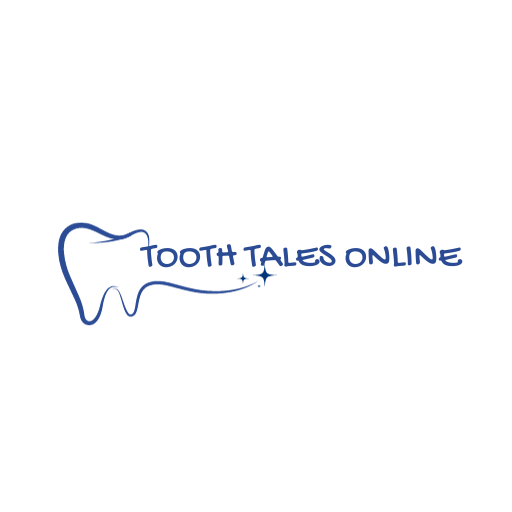
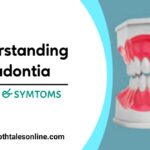
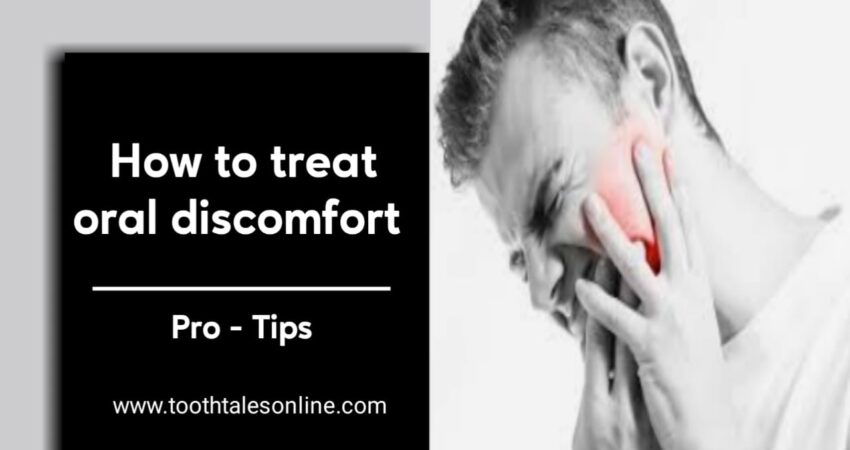
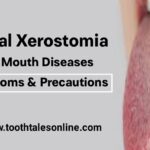


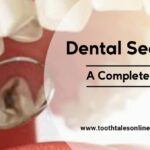
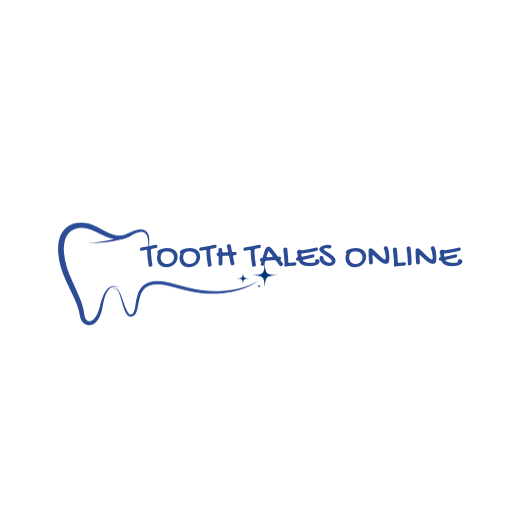
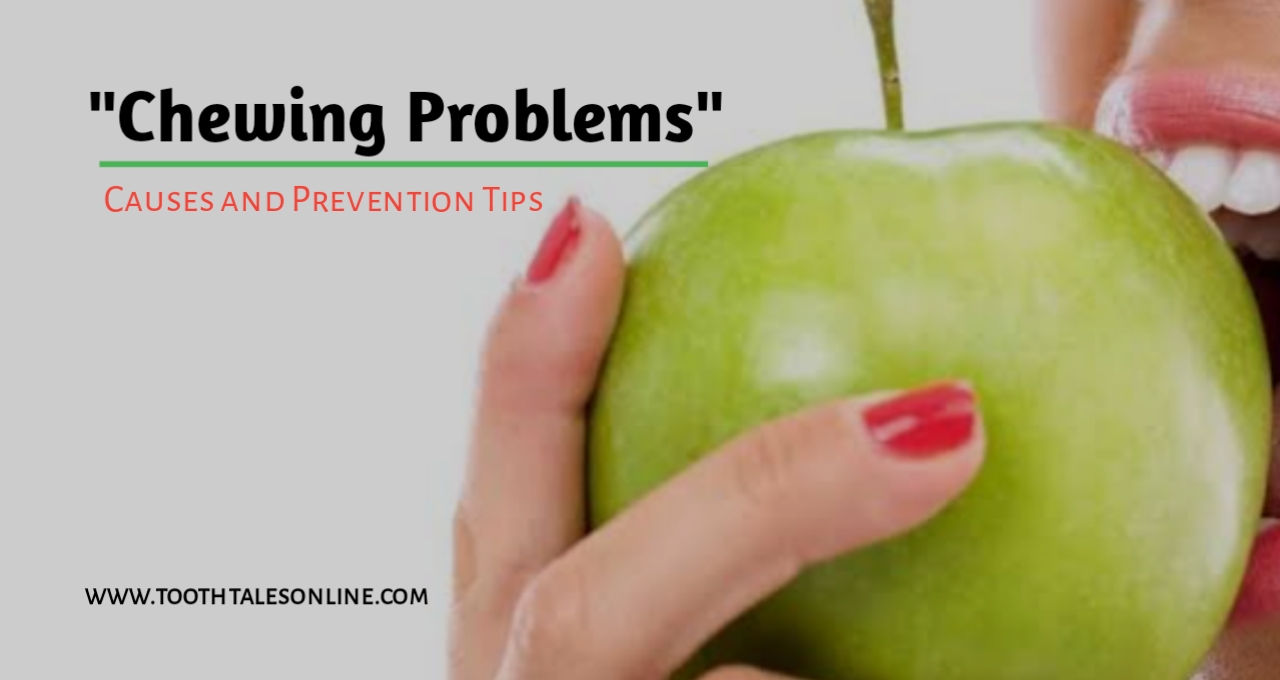
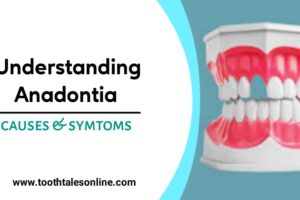
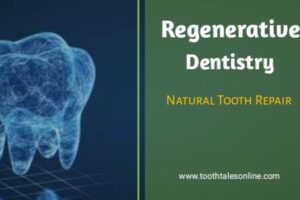











Add Comment